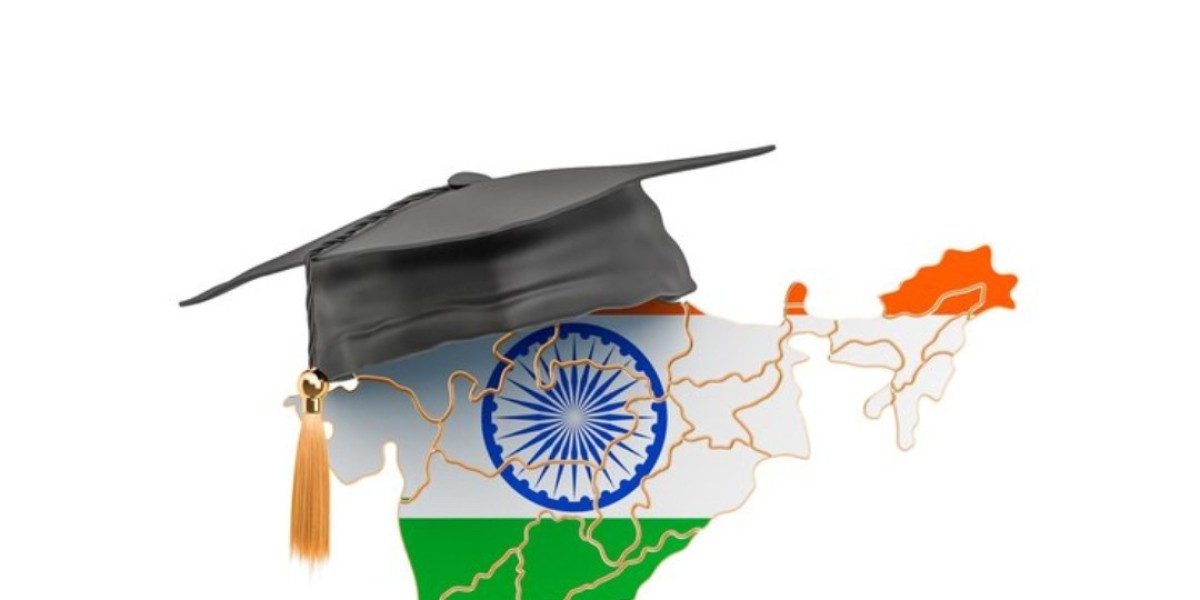MBBS in India: A Complete Guide for Aspiring Medical Students
Pursuing MBBS in India is one of the most sought-after career paths for students aiming to enter the field of medicine. With a rich history of medical education, state-of-the-art facilities, and globally recognized degrees, India offers an ideal destination for students who dream of becoming successful doctors. Every year, lakhs of students appear for the NEET UG exam to secure a seat in government or private medical colleges across the country.
1. Why Choose MBBS in India?
MBBS in India stands out due to its strong academic structure, rigorous training, and high patient exposure. Indian medical colleges, particularly government institutions, offer quality education at affordable tuition fees compared to many other countries. Moreover, the curriculum is designed in accordance with the standards set by the National Medical Commission (NMC), ensuring a balance between theoretical knowledge and practical skills.
Key advantages include:
World-class infrastructure in top colleges like AIIMS, JIPMER, and AFMC.
Wide clinical exposure due to India's large and diverse population.
Recognition by global organizations like WHO, ECFMG, and FAIMER.
Affordable tuition in government colleges.
Strong foundation in medical sciences and clinical practice.
2. Duration and Structure of the Course
The duration of MBBS in India is 5.5 years, which includes 4.5 years of academic education followed by a mandatory 1-year rotating internship. The course is divided into three phases:
Pre-clinical (1 year): Subjects include Anatomy, Biochemistry, and Physiology.
Para-clinical (1.5 years): Subjects like Pathology, Microbiology, Pharmacology, and Forensic Medicine.
Clinical (2 years): Involves Medicine, Surgery, Pediatrics, Obstetrics & Gynecology, Psychiatry, and more.
The final year includes hands-on training in hospitals under the supervision of experienced doctors. This practical exposure is crucial for building real-world medical skills.
3. Eligibility Criteria for MBBS in India
To be eligible for MBBS in India, candidates must meet the following criteria:
Must be at least 17 years old by 31st December of the admission year.
Must have passed 10+2 with Physics, Chemistry, Biology/Biotechnology, and English.
Must secure at least 50% marks in PCB (40% for reserved categories).
Must qualify the NEET-UG entrance examination.
NEET is the single national-level entrance test for admission to MBBS in India, including government and private colleges.
4. Top Medical Colleges in India
India is home to some of the finest medical colleges that provide excellent academic training and clinical practice. Some of the top colleges offering MBBS in India are:
All India Institute of Medical Sciences (AIIMS), New Delhi
Armed Forces Medical College (AFMC), Pune
Christian Medical College (CMC), Vellore
Maulana Azad Medical College (MAMC), Delhi
King George’s Medical University (KGMU), Lucknow
5. Fee Structure for MBBS in India
The fee for MBBS in India varies widely:
Government Colleges: ₹10,000 to ₹1,00,000 per year.
Private Colleges: ₹7,00,000 to ₹25,00,000 per year.
Deemed Universities: Fees may go even higher depending on the institution.
Despite the variation, MBBS in India is considered cost-effective compared to studying medicine abroad, especially in terms of return on investment.
6. Career Opportunities After MBBS
After completing MBBS in India, students can:
Begin practicing as a general physician.
Pursue postgraduate studies like MD/MS through NEET PG.
Prepare for foreign licensing exams like USMLE, PLAB, or AMC.
Work in government or private hospitals, clinics, or start their own practice.
Join research or public health organizations.
The scope of MBBS in India is vast, both within the country and internationally.
Conclusion
MBBS in India provides a solid platform for students to begin a rewarding career in medicine. With rigorous training, excellent infrastructure, and global recognition, Indian medical colleges prepare students to face real-world medical challenges confidently. Whether you're aiming to work in India or abroad, MBBS in India can be your stepping stone to a successful future in healthcare.



